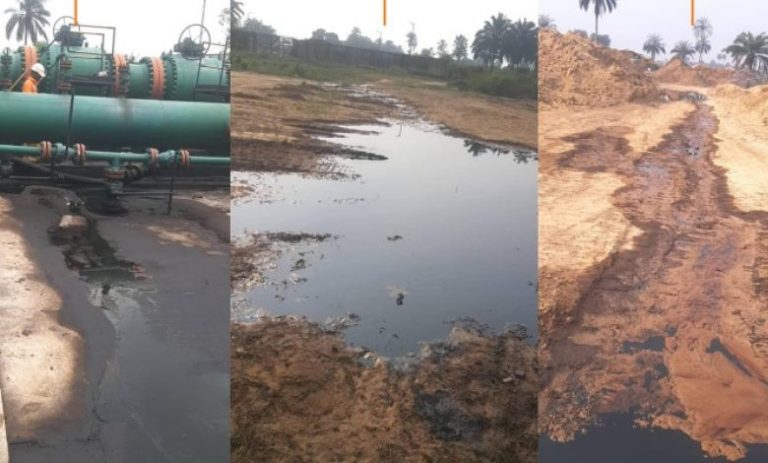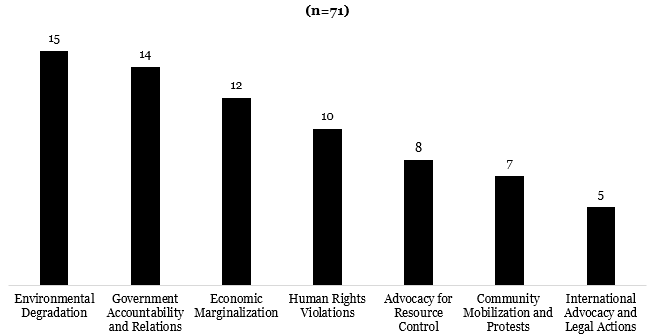
For decades, the Ogoni people have carried the weight of environmental degradation, economic marginalization, and political neglect. Their struggle, led by the Movement for the Survival of the Ogoni People (MOSOP) and encapsulated in the Ogoni Bill of Rights (OBR), has been a relentless call for justice. When President Bola Tinubu signed the bill establishing the Federal University of Environment and Technology (FUET) in Tai, Ogoniland, it was more than just an administrative act. It represents a significant symbol in the land, revealing one of the successes of decades of struggle.
A Legacy of Struggle and the Dawn of a New Era
For years, the people of Ogoniland have lived with the consequences of oil exploration—polluted waters, barren farmlands, and deteriorating health conditions. The cries for justice echoed globally, from the courtrooms to the United Nations. Ken Saro-Wiwa and his fellow activists gave their lives to this cause, believing that Ogoniland would rise from the ashes of exploitation. The establishment of FUET is, in many ways, a realization of that vision, an acknowledgement that the Ogoni struggle was not in vain.
Exhibit 1: Frequency of views regarding social, environmental and economic justice in Ogoniland between 1990 and 2025
Register for Tekedia Mini-MBA edition 19 (Feb 9 – May 2, 2026).
Register for Tekedia AI in Business Masterclass.
Join Tekedia Capital Syndicate and co-invest in great global startups.
Register for Tekedia AI Lab.

This university is more than a place of learning; it symbolises redemption. It represents the recognition of past wrongs and a commitment to forging a future where education and knowledge fuel sustainable development. With its focus on environmental and technological studies, FUET stands as an institution built on the very issues that have defined Ogoniland’s history (environmental justice, economic empowerment, and self-determination).
Reclaiming the Land Through Knowledge
For too long, Ogoni soil has been poisoned by oil spills, leaving the people without means to farm or fish—their traditional sources of livelihood. The OBR explicitly called for environmental restoration, but solutions have been slow and often insufficient. FUET presents a tangible step forward, offering a dedicated space for research and innovation in environmental restoration.
Through FUET, Ogoni students will no longer have to leave their homeland to seek expertise on issues that directly affect them. Instead, the knowledge will be cultivated from within, with cutting-edge research on oil spill remediation, sustainable land use, and clean energy solutions. The university has the potential to equip the next generation of Ogoni scientists, environmentalists, and engineers with the tools to heal their land—turning the region into a global leader in environmental sustainability.
Economic Liberation: From Protest to Prosperity
The OBR did not just call for environmental justice, it demanded economic inclusion. Despite the wealth extracted from Ogoniland, its people have remained economically sidelined, watching from the margins as their resources fueled the nation’s prosperity. The creation of FUET is a strategic win in reversing this trend.
This institution will create a ripple effect in the local economy. Jobs will emerge, from academic staff to construction workers, from administrators to small business owners serving the student population. Education will empower Ogoni youths in high-demand fields such as renewable energy, environmental law, and technology. Funding and investment will follow, as the university attracts national and international research grants, fostering further development.
Our analyst notes that the shifting from a history of protest to one of proactive change has placed the power of transformation directly in the hands of the Ogoni people. No longer will they have to depend on external forces for progress; they will become the architects of their future.
A Global Stage for the Ogoni Struggle
The Ogoni struggle has long been a global issue, drawing attention from human rights organizations and environmental activists worldwide. FUET will further amplify this platform, creating opportunities for international collaboration. Partnerships with global universities, NGOs, and policymakers could bring: Research funding for sustainable development projects, Legal advocacy for environmental reparations and a model for other communities facing similar environmental challenges. Ogoni will no longer be seen solely as a land of suffering, it will be recognized as a land of solutions.



